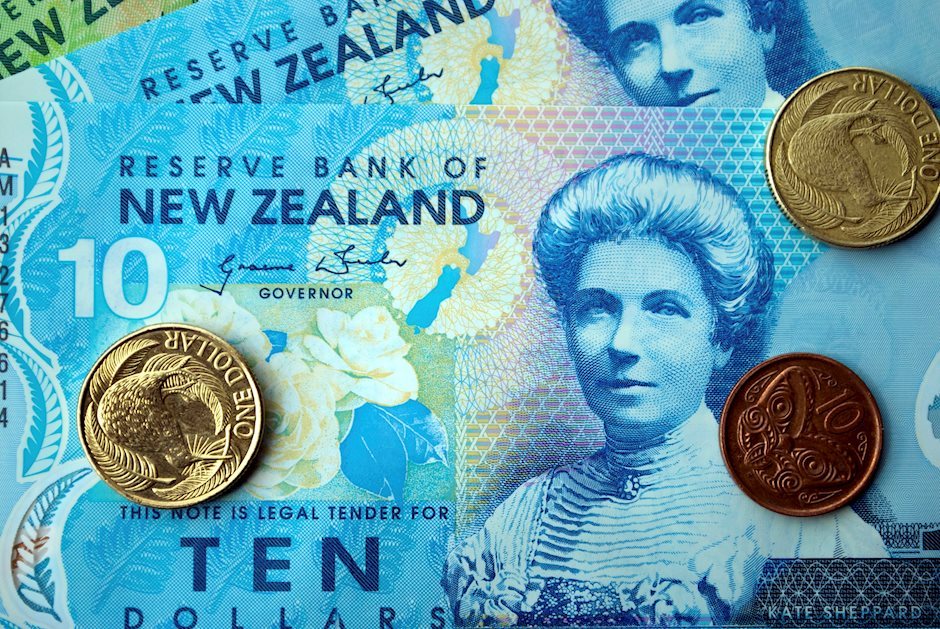NZD/USD stable in recent trade, but eyeing break below key support at 0.6700
- After probing 0.6700 earlier in the session, NZD/USD has stabilised spent the last few hours ranging in the 0.6710-0.6730 area.
- Sentiment is weighed by concerns about Omicron, a significant setback to US President Joe Biden’s economic agenda and Fed hawkishness.

After probing the 0.6700 level earlier in the session, NZD/USD has stabilised and has spent the last few hours going sideways within the 0.6710-0.6730 area. Seemingly, last Wednesday’s post-Fed low at bang on 0.6700 has offered sufficient support for now. At current levels around 0.6715, the pair is trading lower by about 0.3% on the day, meaning it is one of the worse, though not the worst, performing G10 currencies on the day (CAD is the worst down 0.5%). NZD’s underperformance has everything to do with the fact that it is a risk-sensitive currency and thus its appeal is being undermined by the very much risk-off market tone that is prevailing on Monday.
Long story short, global equity markets, though the losses are worst in the US at present (S&P 500 -2.0%), are being pummeled by a cocktail of negatives. These include negative news about the pandemic in Europe, where countries are locking down (Netherlands) or on the cusp of tightening restrictions (the UK, Italy, Germany, France) as Omicron cases surge. US market participants fear that the US is just a few weeks behind. Elsewhere, moderate Senate Democrat Joe Manchin, whose vote is crucial for any piece of Democrat legislation to pass if there is no bipartisan support, appeared to nuke the flagship legislation of the Biden administration. Manchin announced on Sunday he wouldn’t support the $1.75T Build Back Better (BBB) bill, though some think negotiations will continue in January on a slimmed-down version.
If Congress fails to pass BBB, this is being taken as a negative for US growth prospects over the coming years. Some are also citing fears about the fact that, despite the above, the Fed looks set to press ahead with the removal of easy monetary policy. Recall last week that the Fed doubled the pace of its QE taper, which Fed member Christopher Waller said on Friday indicated that the March meeting was live for a rate hike. The Fed’s new dot plot pointed to three rate hikes in 2022, so support for a March lift-off is unlikely to be far from the bank’s consensus view.
Whilst it is debatable as to the degree that the theme of a hawkish Fed is weighing on sentiment, it has clearly supported the US dollar in recent days, hence the retracement lower in NZD/USD since last Thursday’s highs just shy of the 21-day moving average at the time in the 0.6830s. The roughly 120 pip drop amounts to about a 1.8% decline in NZD/USD from these levels in just two sessions, which is quite something and shows that the bears remain in control (in the short to medium-term) in the pair. If that remains the case, the 0.6700 level is vulnerable. If the pair were to dip below this level, that would mark fresh lows since early November 2020. The medium-term bears would be eyeing a move back down to the 0.6500 area, amid a lack of any notable support in the interim.
Author

Joel Frank
Independent Analyst
Joel Frank is an economics graduate from the University of Birmingham and has worked as a full-time financial market analyst since 2018, specialising in the coverage of how developments in the global economy impact financial asset

















